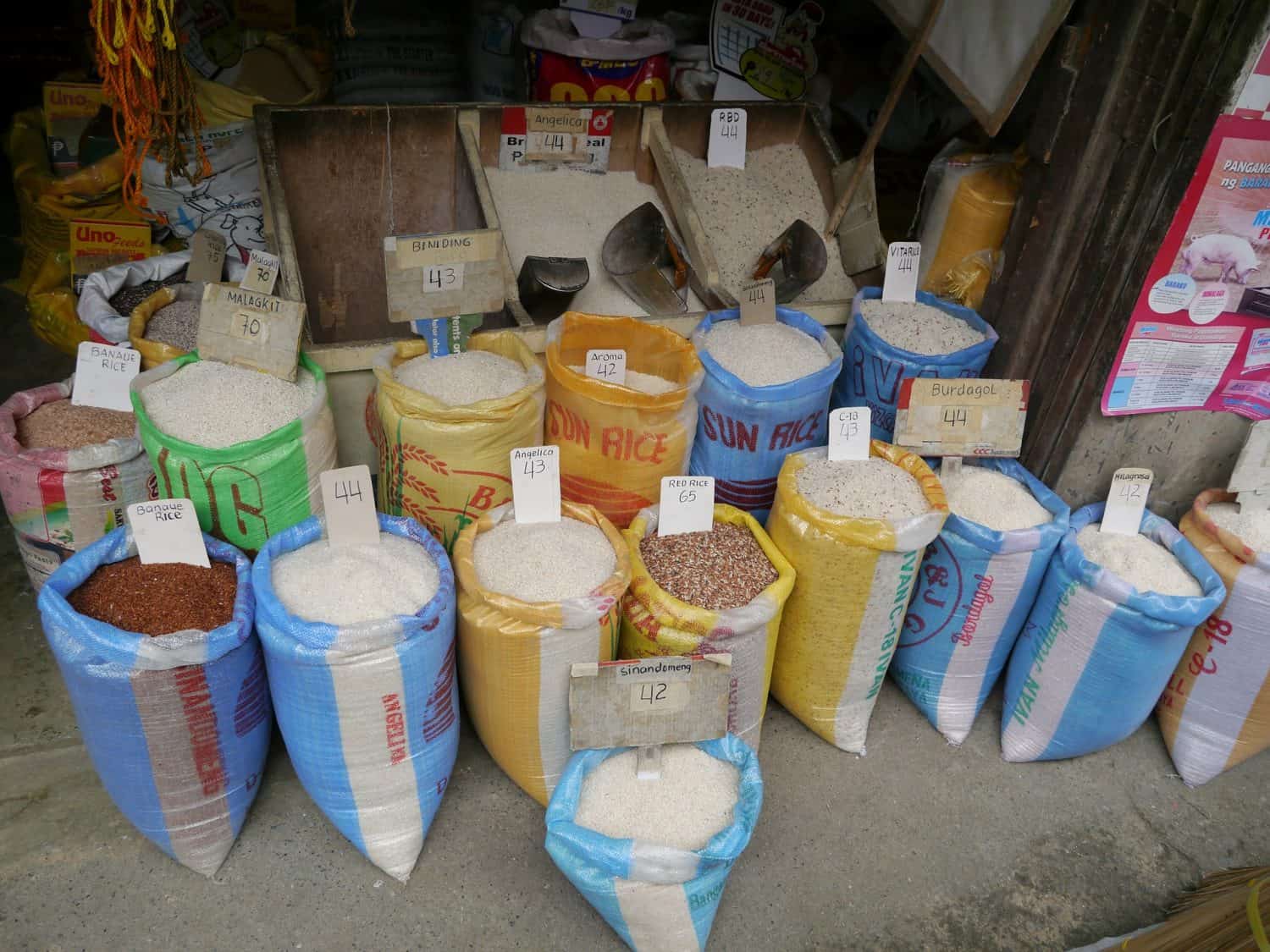World food prices dipped in May for a second consecutive month after hitting a record high in March, although the cost of cereals and meat rose, the United Nations food agency said.
The Food and Agriculture Organization’s (FAO) food price index, which tracks the most globally traded food commodities, averaged 157.4 points last month versus 158.3 for April.
The April figure was previously put at 158.5.
Despite the monthly decline, the May index was still 22.8% higher than a year earlier, pushed up in part by concerns over the impact of the Russian invasion of Ukraine.
The FAO said on Friday it expected global cereal production would drop in the 2022-23 season for the first time in four years, easing 16 million tonnes from record 2021 levels to 2.784 billion tonnes.
FAO added that wheat prices rose by India’s announcement of an export ban, as well as reduced production prospects in Ukraine following the Russian invasion.
The vegetable oil price index dropped 3.5% from April, pushed down in part by Indonesia’s decision to lift a short-lived export ban on palm oil.
“Export restrictions create market uncertainty and can result in price spikes and increased price volatility. The decrease in oilseeds prices shows how important it is when they are removed and exports flow smoothly,” said FAO Chief Economist Maximo Torero Cullen.








